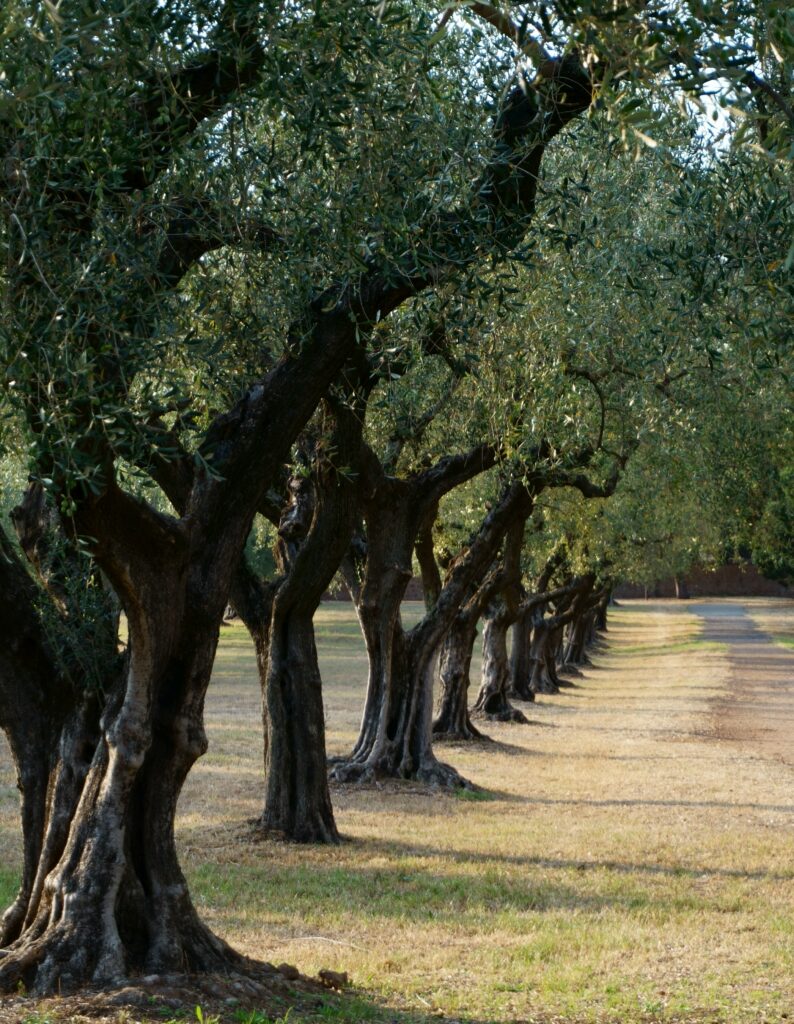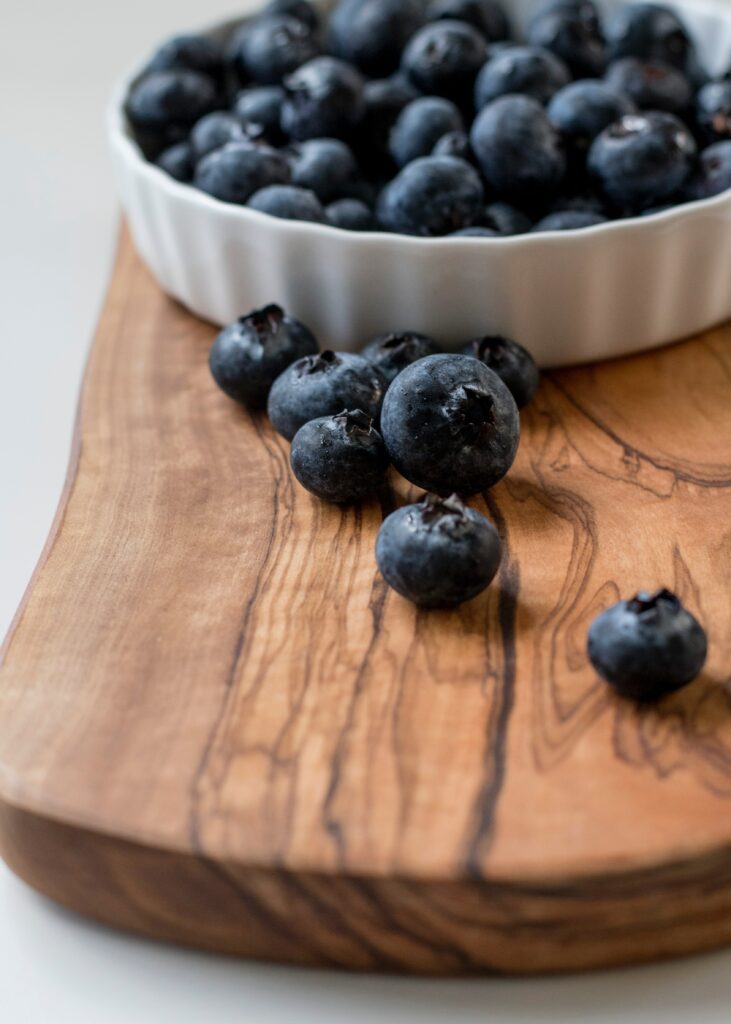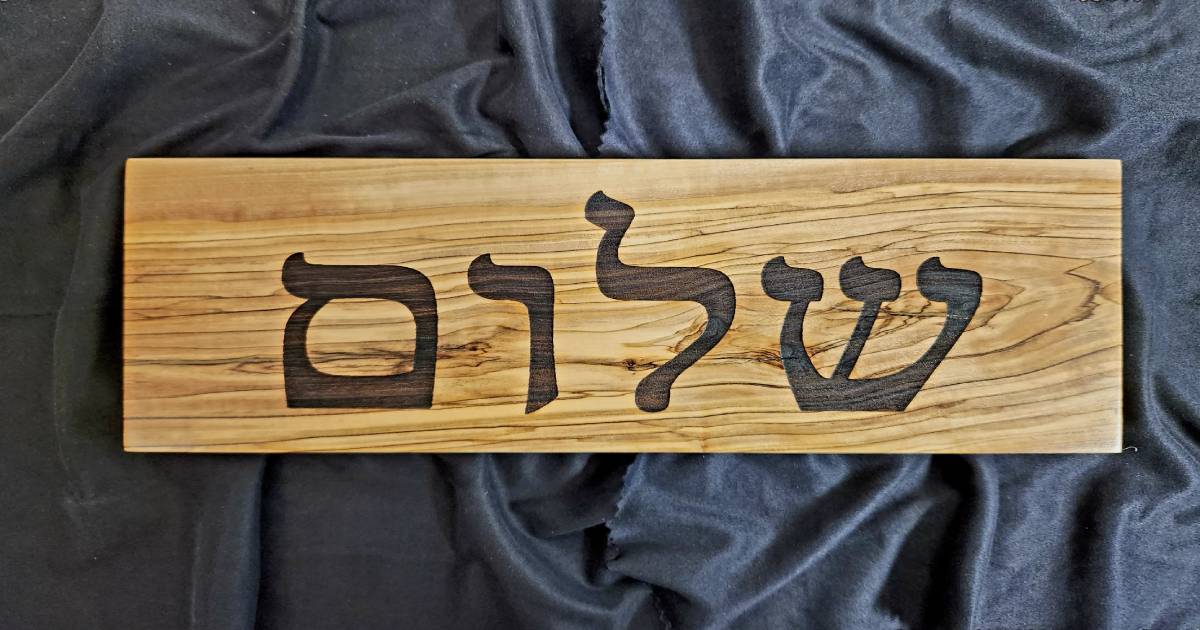As I’ve grown older, my life seasons have changed. As the seasons have changed, so have the things that occupy my time.
When I was a parent of young children, most of my time was spent watching over and teaching them. As they grew up and moved out of the house, they didn’t need me in the same way. If I had continued to treat them as toddlers it would not have been productive, or in Bible-speak it would not have been fruitful. That part of my life needed to be pruned, but it had been a happy time, and I knew I would miss it.
Similarly, I have served for years in a specific ministry only to be later called into a different direction. God’s calling into a change was clear. Holding onto a particular area that had previously received his blessing was no longer good. It took time to change course, ending one ministry well and then starting the next. The previous part of my life needed to be pruned, but I worried what would happen to the former ministry after I was gone.
It is difficult to make these changes but not difficult to explain my reluctance. Either I am happy with the status quo, or I don’t trust God to take care of the things I leave behind. Regardless of which it is, I resisted change.
Sometimes the Bible’s references to pruning confused my feelings further. John chapter 15 evokes images of casting pruned branches into an eternal fire, while Mark 11 tells about Jesus cursing an entire tree to wither and die because its branches weren’t fruitful. These responses seemed severe for my challenges in changing my parenting style or handing off a ministry.
Recently, I learned about a different example of pruning – more of a symbol of a proactive and constant effort to stay aligned with God’s will for my life – voluntarily letting go of one thing to embrace something better.

The olive tree provides a beautiful illustration of this type of pruning. Olive trees are one of the longest living trees in the world. Some have been alive since Christ walked the earth. They live and bear fruit for centuries or even millenia. However the individual branches are not productive for that long. Eventually, each olive branch stops producing fruit and that branch needs to be removed so that the tree can thrive.
However when the branch is pruned, it isn’t abandoned or cast into a fire. God’s blessing on that branch continues, even after it is removed from the tree.
Most people don’t know that olivewood rarely comes from cutting down a tree. The trees are far too valuable for that purpose. Olivewood is harvested during the pruning season from cut branches that no longer produce fruit. They are gathered and slowly but carefully converted into one of the most beautiful, expensive, and prized types of wood in the world.

Olivewood has beautifully figured grain and is incredibly dense and hard. The finest wooden kitchen utensils are produced from olivewood. A few exquisite pieces of furniture justify the expense. Some of the finest carvings in the world started from a pruned branch.
In 1st Kings chapter 6, we learn that when King Solomon built the temple, he placed inside the holy of holies a pair of winged cherubim who stood vigil over the ark of the covenant. He chose to carve them from – you guessed it – olivewood.

Removing a non-fruitbearing branch isn’t punishment for a tree, or an admission of disappointment in its performance. Instead, it is part of a natural cycle that allows the tree to thrive while the branch releases a special beauty that it otherwise could not. If this were not true, would God have allowed a fruitless branch to become a guardian angel in his home?
Pruned branches will never be a substitute for a fruitful life. However if they are carefully removed at the right time and turned back over to God, then he can do wonderful things with them. They can still be a blessing. They become visible evidence of God’s invisible qualities and continue to point us back to Him.
Thriving trees produce pruned branches. It is all part of a life of Shalom spent releasing and expanding as we rest in the Father’s arms.
If you are interested in seeing products that I make from olivewood, please click on the link below to look at the Shalom Door Post Signs. They are made from olivewood grown in the Holy Land that ships to me directly from Bethlehem, Israel. The word Shalom is laser engraved in Hebrew characters on one side as a declaration of peace over your home, while the other side includes a scriptural blessing.
Maybe it will also remind you that God can do something magnificent when you release a portion of your life to him.


